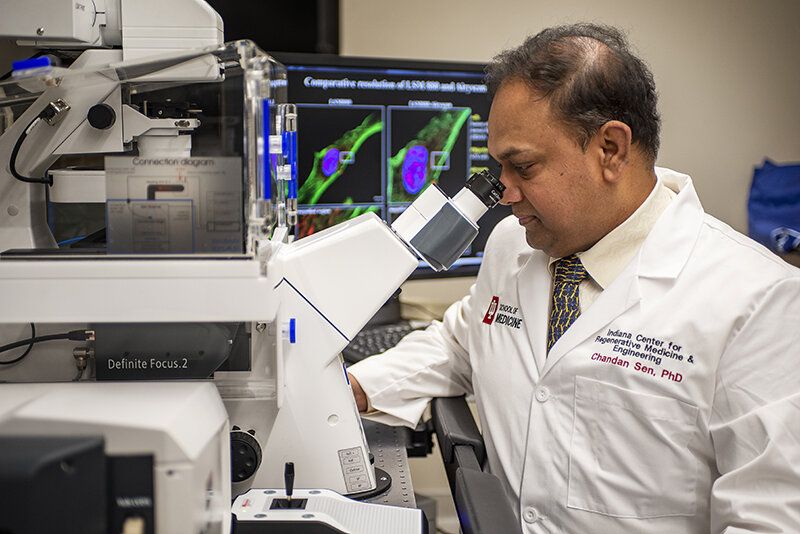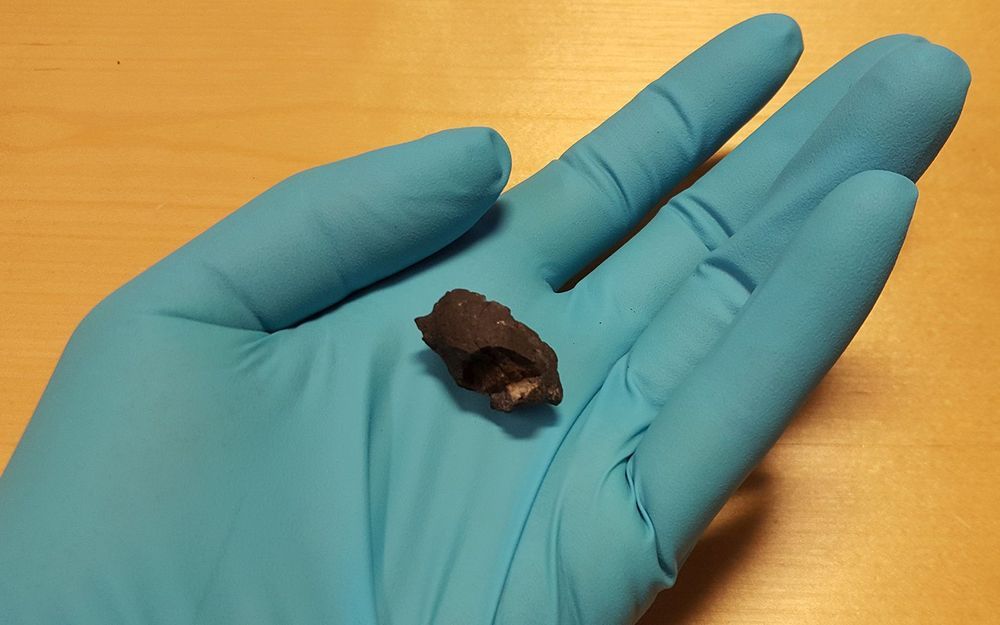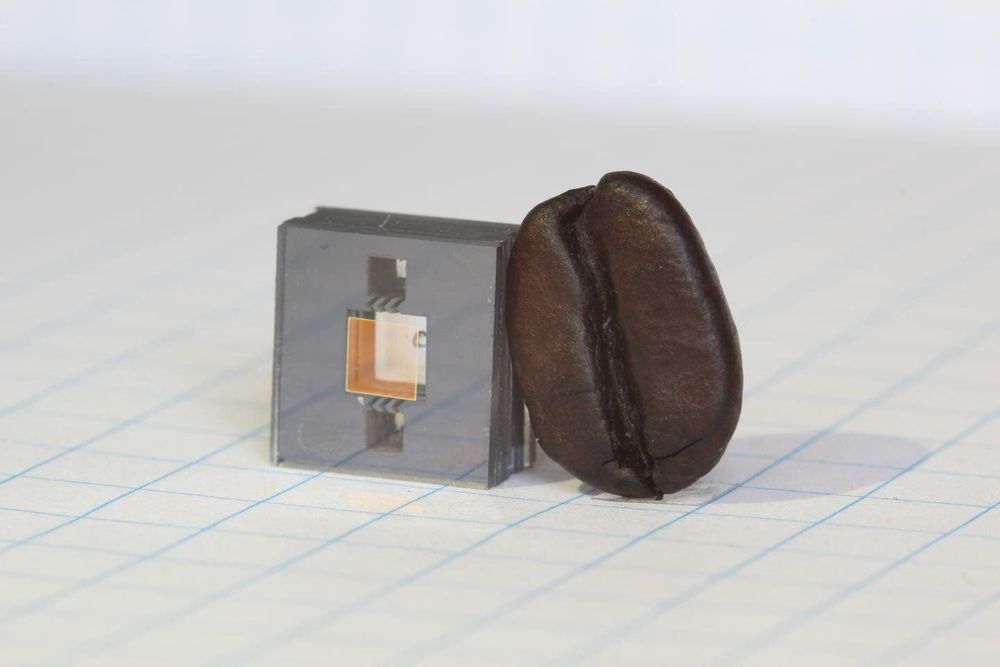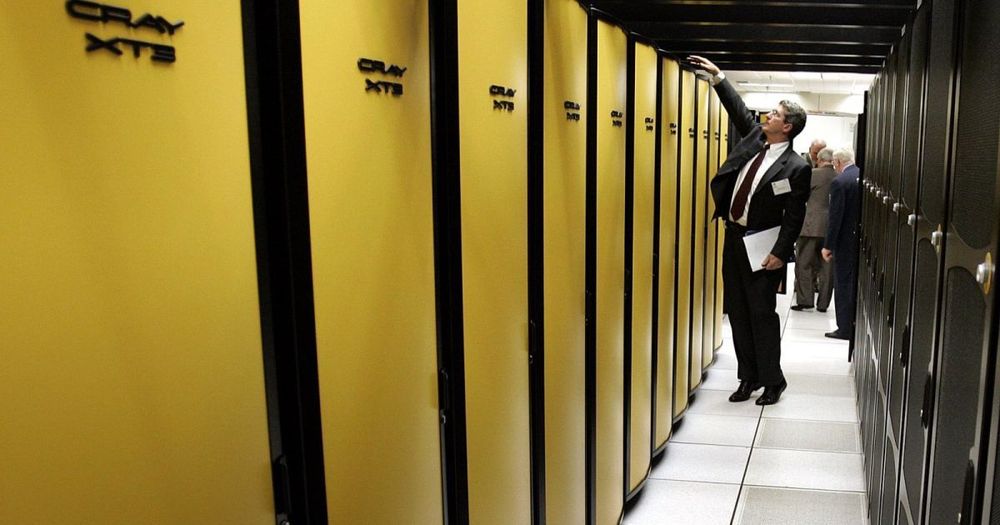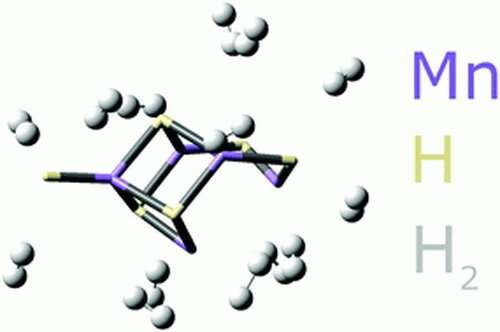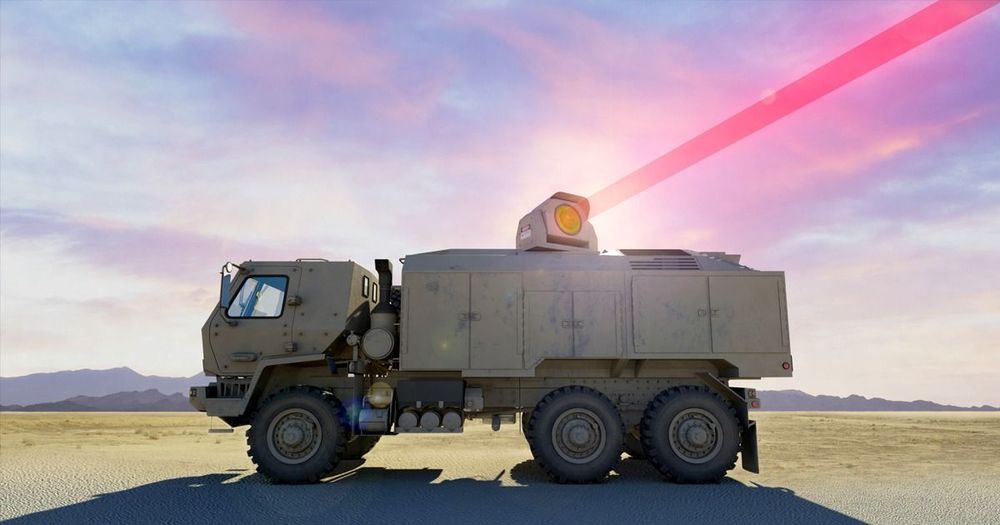May 17, 2019
Researchers develop electric field-based dressing to help heal wound infections
Posted by Quinn Sena in categories: biotech/medical, engineering, life extension
Researchers at Indiana University School of Medicine have found a way to charge up the fight against bacterial infections using electricity.
Work conducted in the laboratories of the Indiana Center for Regenerative Medicine and Engineering, Chandan Sen, Ph.D. and Sashwati Roy, Ph.D. has led to the development of a dressing that uses an electric field to disrupt biofilm infection. Their findings were recently published in the high-impact journal Annals of Surgery.
Bacterial biofilms are thin, slimy films of bacteria that form on some wounds, including burns or post-surgical infections, as well as after a medical device, such as a catheter, is placed in the body. These bacteria generate their own electricity, using their own electric fields to communicate and form the biofilm, which makes them more hostile and difficult to treat. The Centers for Disease Control and Prevention estimates 65 percent of all infections are caused by bacteria with this biofilm phenotype, while the National Institutes of Health estimates that number is closer to 80 percent.
Continue reading “Researchers develop electric field-based dressing to help heal wound infections” »
